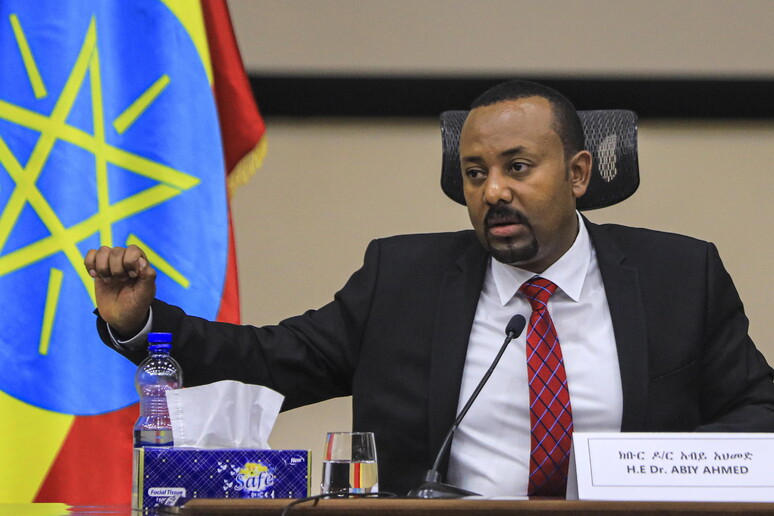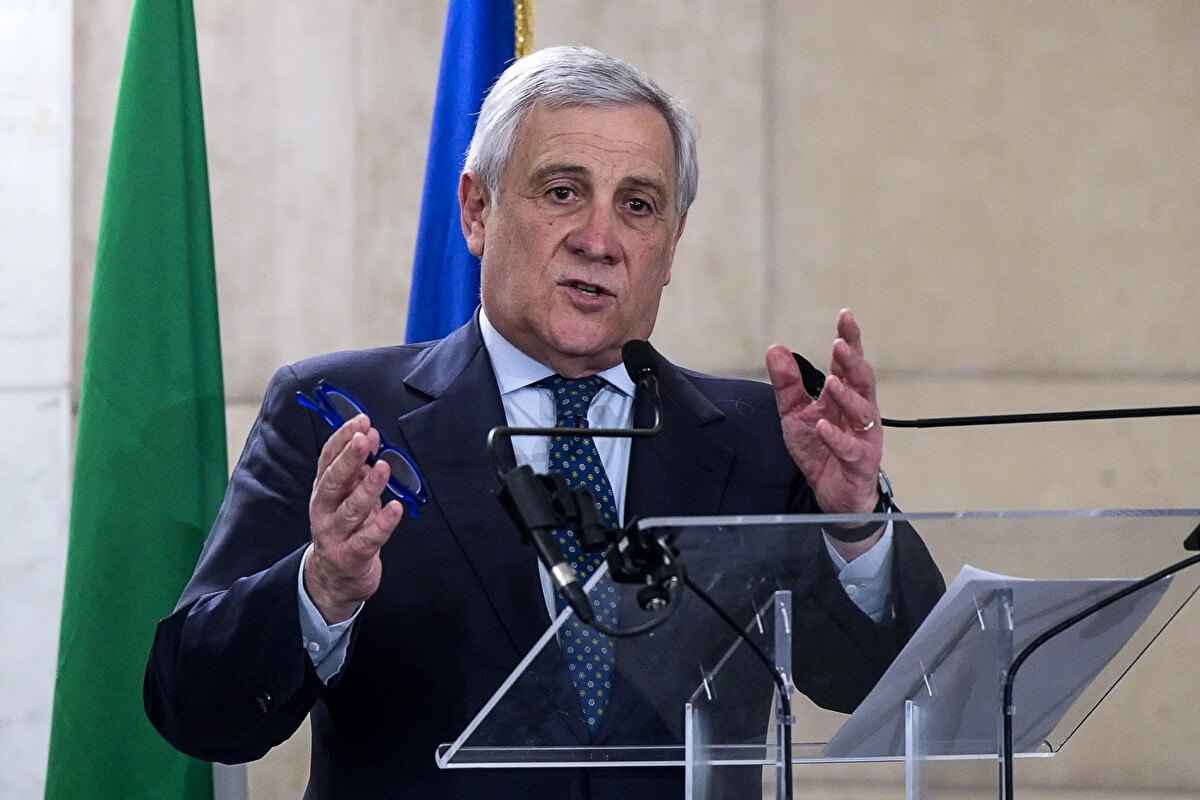A deal permitting Somaliland, a separatist territory of Somalia, to utilize a key port with access to the Red Sea in exchange for recognition as an independent state was rejected by Mogadishu authorities on Tuesday, claiming it lacked legal effect.
Somalia, which considers Somaliland to be a part of its territory despite the latter having proclaimed itself independent in 1991, has summoned its ambassador to Ethiopia to address the agreement struck on Monday by Ethiopian Prime Minister Abiy Ahmed and Somaliland leader Muse Bihi Abdi.
Under the terms of the agreement, landlocked Ethiopia, which depends on neighboring Djibouti for the majority of its maritime traffic, would be able to lease 20 km surrounding the port of Berbera for the next 50 years for military and commercial needs. The harbor is located on the Gulf of Aden and has direct access to the Red Sea.
What precisely Somaliland would receive in exchange is still unknown. Bihi had stated that the deal would include international recognition for his country, but a statement posted on the Ethiopian prime minister’s X account made no mention of recognition, instead vowing to “advance mutual interests through cooperation on the basis of reciprocity.”
The deal was made public late Monday in Addis Abeba, only days after Somalia’s central government agreed to restart talks with the breakaway northern region following years of deadlock.
Mogadishu condemned the unexpected agreement as a “clear violation” of its sovereignty and urged the international community – including the UN, African Union, Arab League, and the Intergovernmental Authority on Development – “to stand with the right for Somalia to defend its sovereignty and force Ethiopia to adhere to international laws.”
“Somaliland is part of Somalia under the Somali constitution, so Somalia finds this step to be a clear violation against its sovereignty and unity,” the Somali government stated on Tuesday.
The former British protectorate of Somaliland boasts 4.5 million inhabitants, produces its own currency, issues its own passports, and elects its own government. Though its bid for statehood has not been acknowledged globally, Ethiopia may soon become the first nation to legally recognize it.












